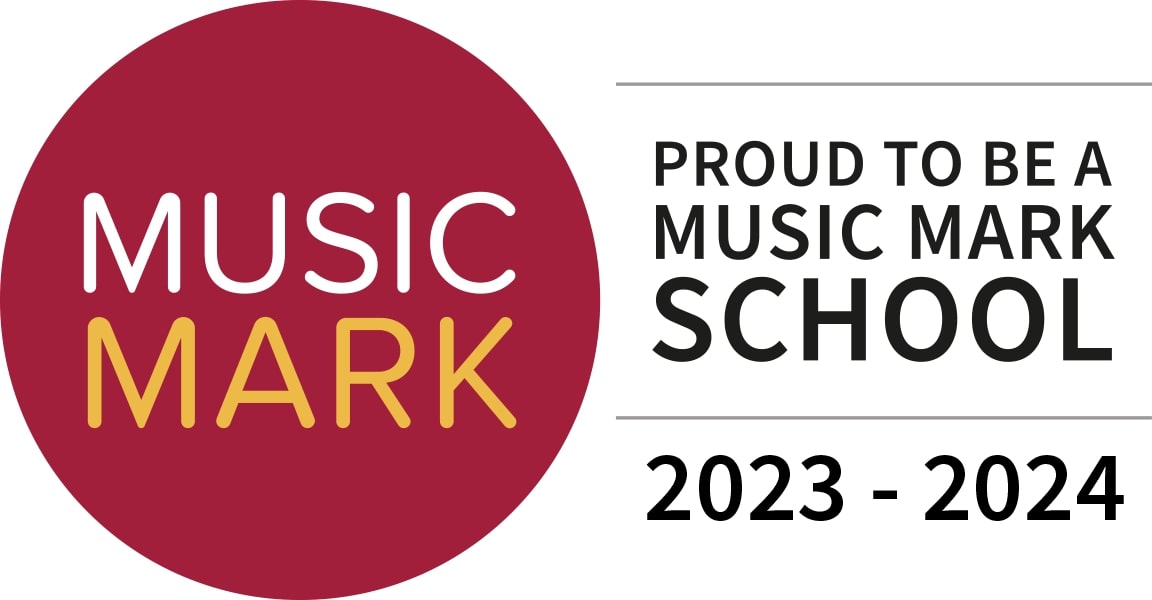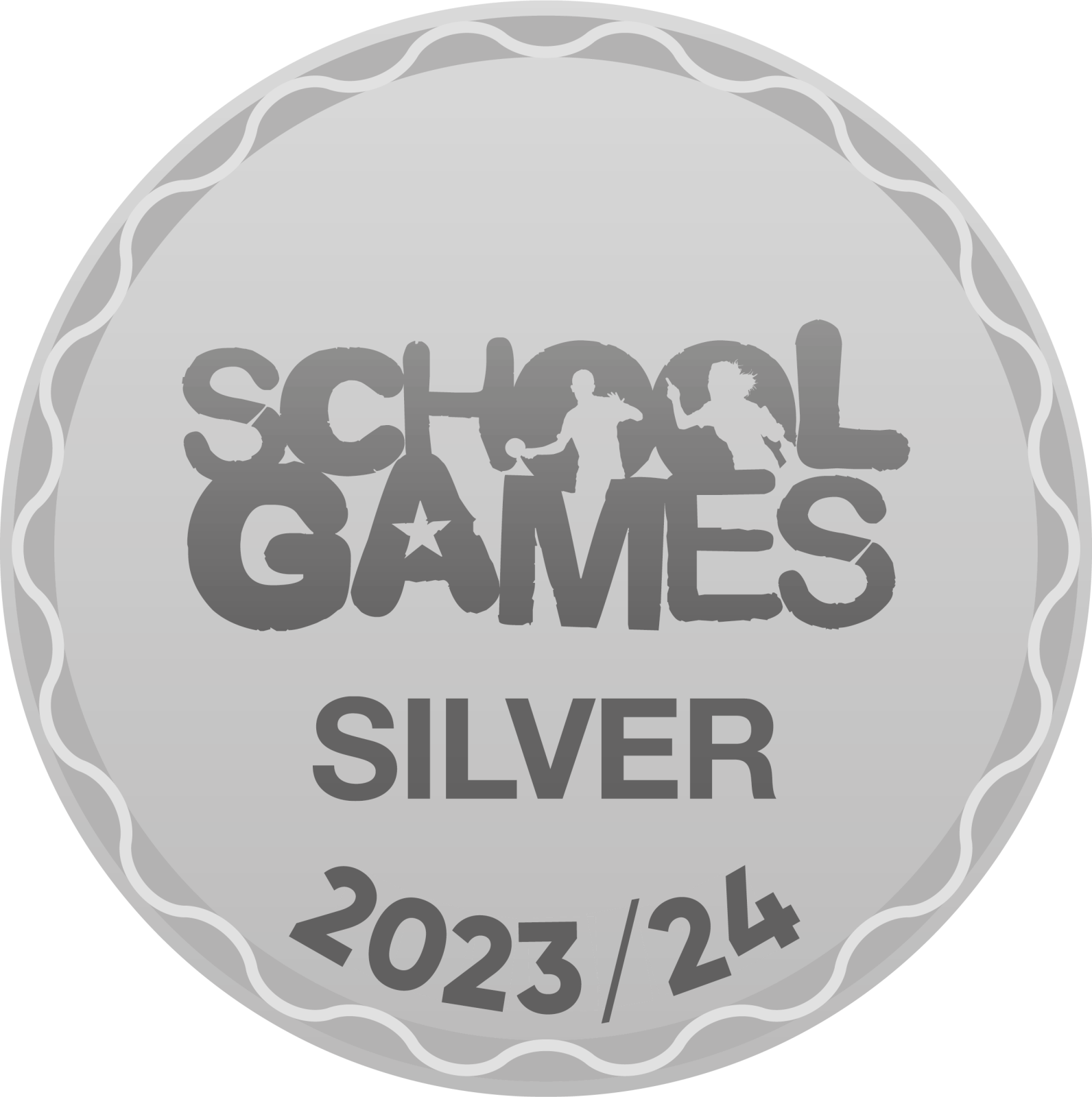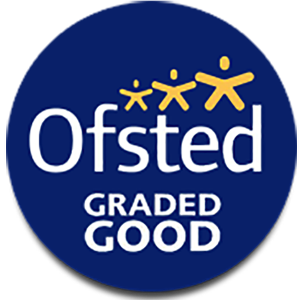Early Years Approach
Planning Approaches
Teachers at Brambles Primary Academy provide planned learning experiences directly linked to the Early Years Foundation Stage Framework using a balance of both adult led and child initiated approaches. Planning takes the individual needs of pupils into consideration with recognition given children’s prior knowledge and personal experiences. Discrete adult led inputs including Communication, Language and Literacy, Mathematics, Phonics and PHSCE are delivered daily. Learners are given regular opportunities to work independently and collaboratively with their peers as well as practitioners.
Our Early Years curriculum recognises the importance of the wider experiences and life skills which are necessary to develop the ‘Whole Child’. Educational visits are therefore regularly planned as a stimulus to enliven teaching and provide pupils with first hand experiences.
Whilst, The Early Years Foundation Stage is the first phase of a child’s school journey, it is important to recognise the need for supportive transition arrangements throughout a child’s life. At Brambles, we provide a progressive curriculum based upon the acquisition of key skills ranging from the Early Years to Key Stage Two. This ensures that gaps in knowledge are addressed and pupils are successfully prepared for the next stage of their education.
Active Learning through Play
At Brambles we promote an ethos in which active learning through play is valued. Play is an essential learning process which enables children to interact with objects and people in order to share ideas and experiences over a sustained period of time. This multifaceted approach successfully motivates pupils to develop creativity, problem solve and take risks within a secure environment. T he flexibility of play allows pupils to apply, extend and consolidate key skills.
Teachers therefore provide both structured and unstructured play opportunities across the indoor and outdoor learning environment. Skills based planning is utilised alongside meaningful interactions to enhance the continuous provision and provide differentiated learning opportunities which address pupils ‘Next Steps’ in learning. These activities engage pupils by recognising their own individual interests to enable them to explore, discover and investigate.



